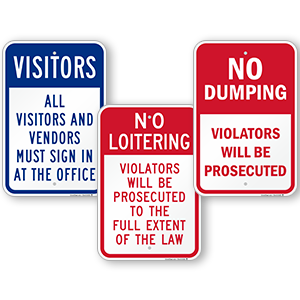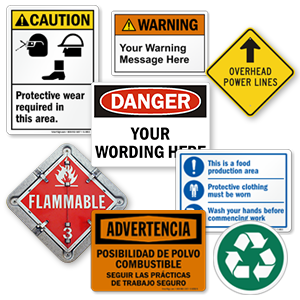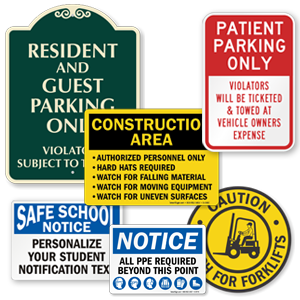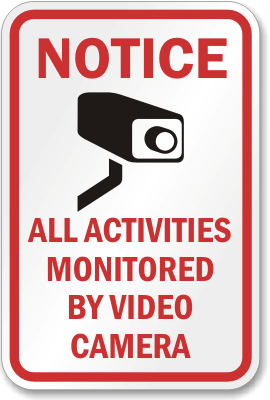Advances in facial recognition technology boost retail profits but may violate shoppers’ privacy

Retailers are capturing footage–including gender and body language–to fight theft and gather sales data (via Urgent Communications).
Nowadays, you don’t have to be in Hollywood to star on a film reel. In 2011, retail stores used video surveillance to record the equivalent of 200 billion full-length high-definition movies, and not solely for theft prevention. Advances in facial recognition technology, coupled with cheaper and increasingly efficient surveillance systems, are providing retail companies with a revolutionary tool to monitor consumer behavior.
Signs alert customers they are being monitored and to act accordingly (via MySecuritySign.com).
Developers of facial recognition software are transforming the way retailers gather marketing data and analyze sales. One such company, RetailNext, integrates its technology with surveillance cameras to study store traffic statistics, as well as what aisles and products are most frequently perused. This information is used for boosting sales, optimizing staffing levels, tailoring interactions with shoppers, and planning product assortment and placement. The system is also able to identify gender and body language when a customer decides whether or not to purchase a certain item.
Data gathered by video surveillance enables retailers to customize staffing, customer interactions, and product assortment and placement
Upgrades to video surveillance systems also act as a deterrent to robbery. According to the National Research Foundation, U.S. retailers lost $486 million due to retail theft in 2011. Sensors can automate a video clip every time a cash register is opened, and when there is only one employee in the vicinity. Similarly, software can detect when a customer is idling by a certain display, as well as “flash mobs” of thieves gathering outside a storefront.
The majority of shoppers assume that the purpose of a security camera is to prevent shoplifting. However, the reasons that retailers use surveillance in stores is becoming more esoteric. Despite the benefits for retailers, consumer advocates claim that this sophistication is a “Big Brother” violation of privacy, and that stores aren’t properly disclosing information to their shoppers. Should there be laws to regulate how companies use facial recognition systems? As the technology proliferates, increased risks of breaching consumer privacy will follow.
-M. Miles















